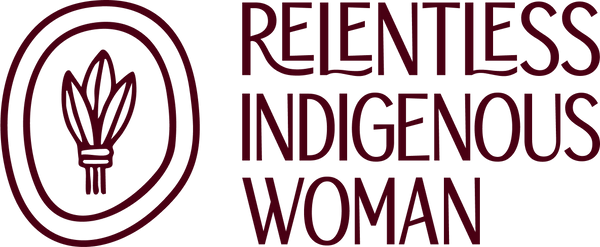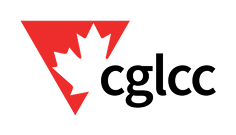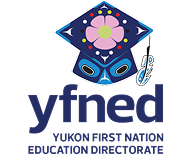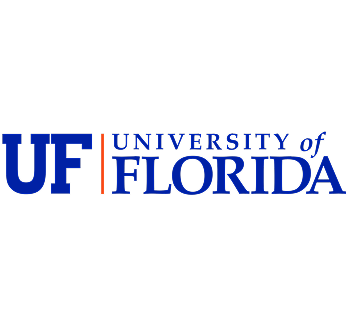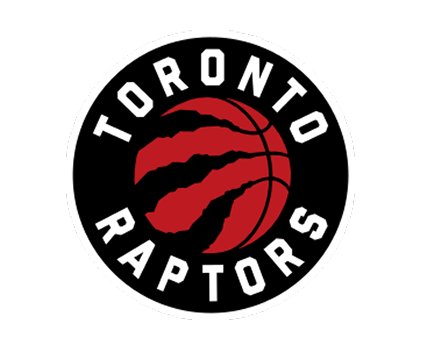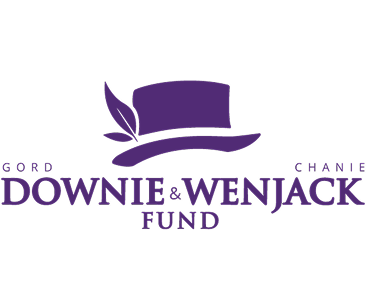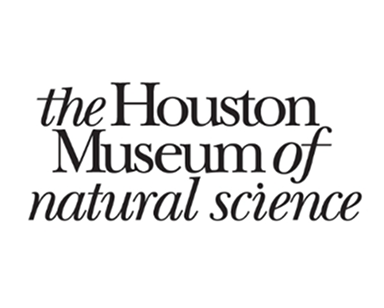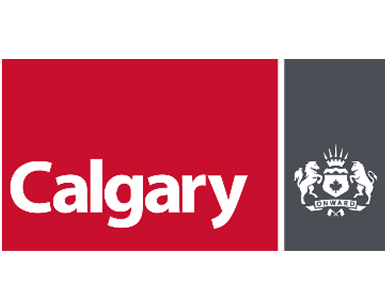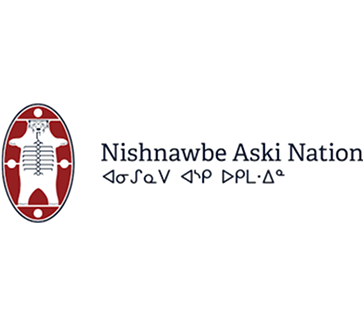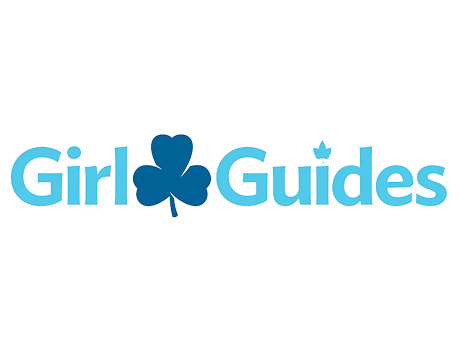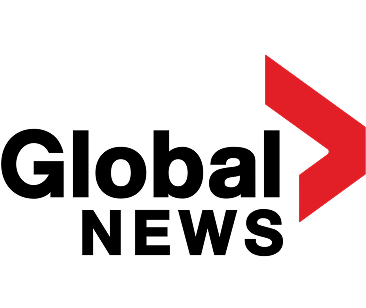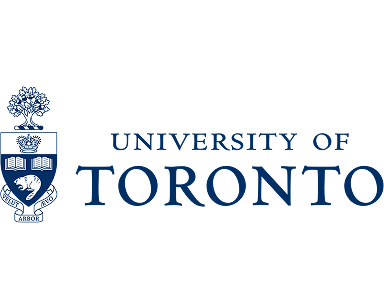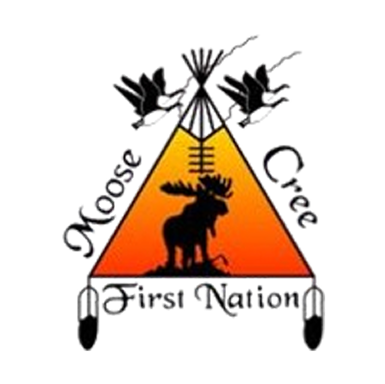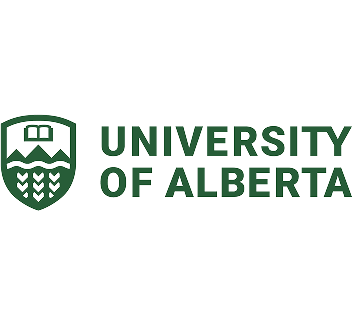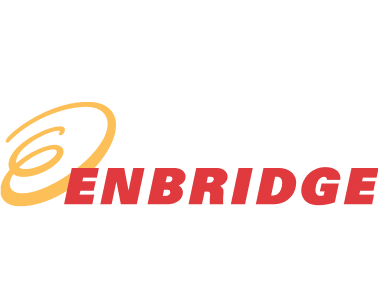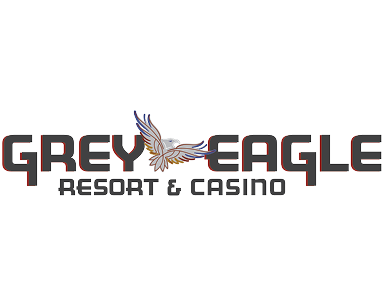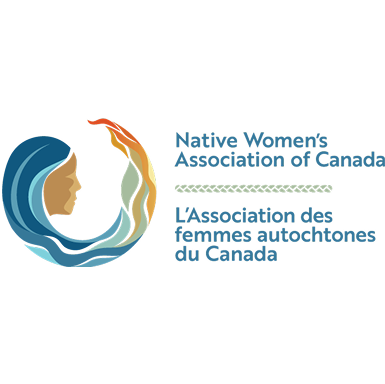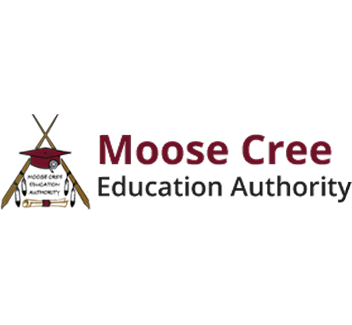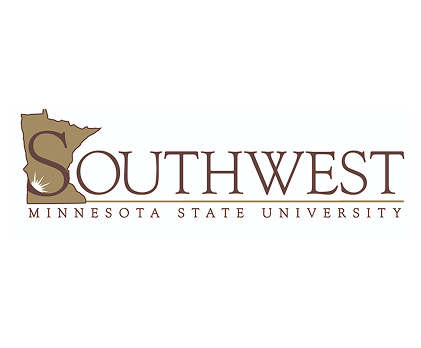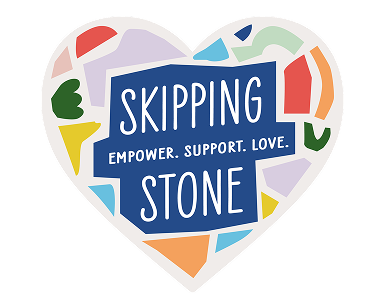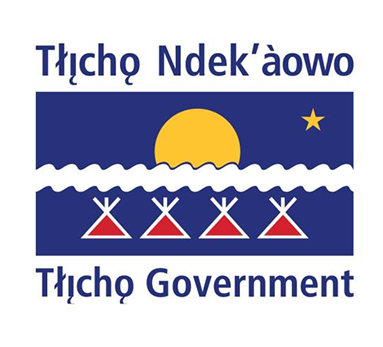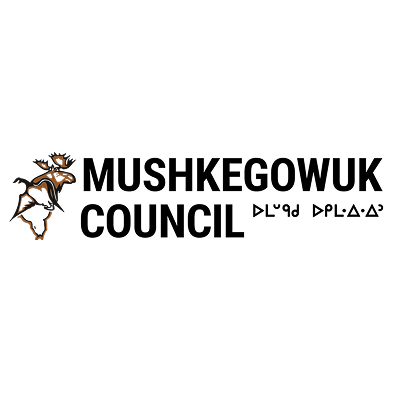
Why Choose Us?
We guide organizations to move beyond performative reconciliation toward transformative Indigenous solidarity and action.
Keynote Speaking
Through powerful storytelling and lived experience, our keynote offerings create space for truth, resilience, and reclamation—inviting audiences into deeper understanding, dialogue, and collective growth
-
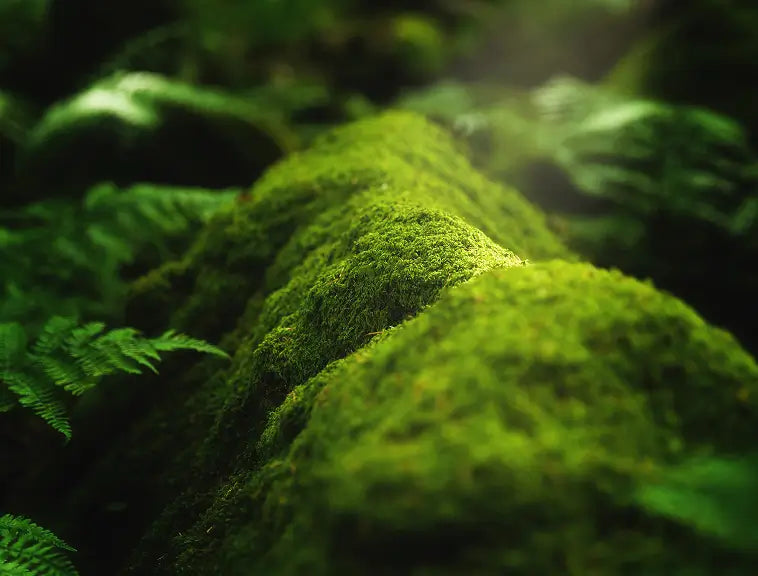
The Pedagogy of Moss: Our Silent and Strong Teacher
Book40-90 Mins
GREAT FOR:
- Educators and leaders seeking decolonial frameworks rooted in land-based wisdom
- Teams looking to deepen relational leadership and collective reflection
- Organizations ready to reimagine success beyond colonial metrics
-
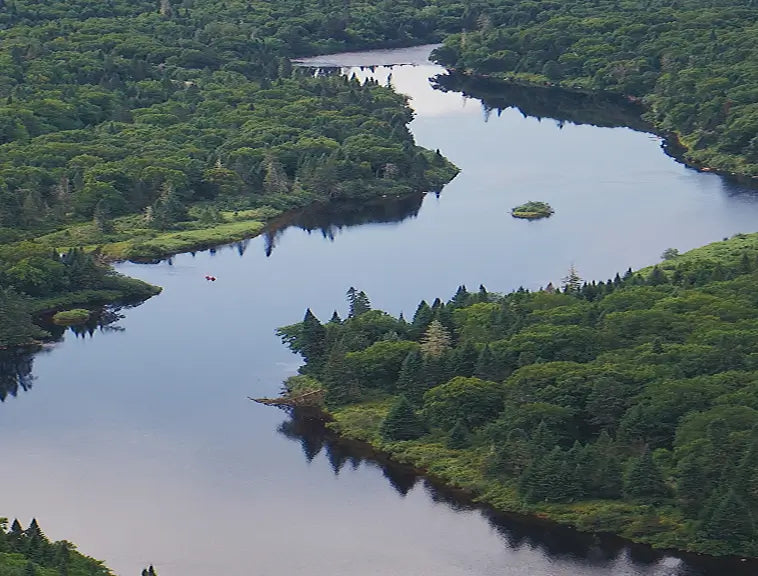
Meaningful and Authentic Indigenous Solidarity
Book40-90 Mins
GREAT FOR:
- Non-Indigenous teams committed to moving beyond performative allyship
- Institutions engaging in unlearning colonial narratives and rebuilding trust
- Organizations seeking practical, relational strategies for true solidarity
-
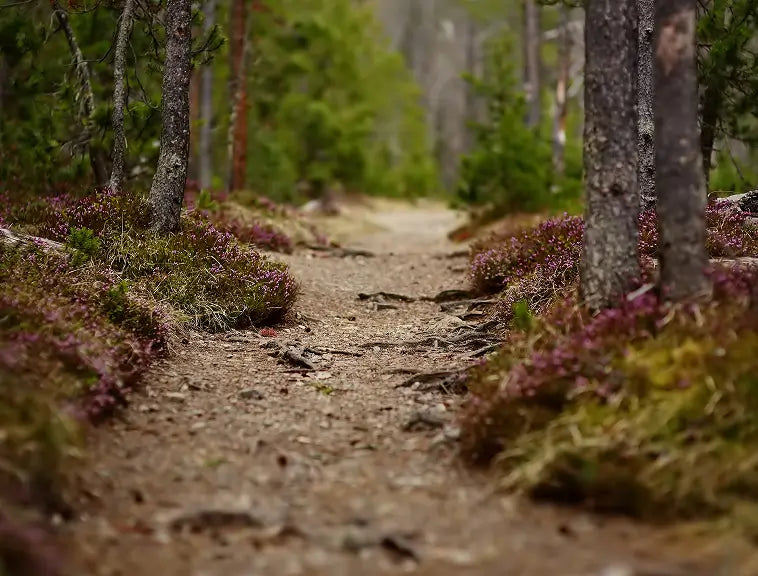
The Road to Collective Actualization for Sustainable Change
Book60-90 Mins
GREAT FOR:
- Teams navigating internalized oppression, trauma, or disconnection
- Organizations seeking transformation rooted in reciprocity and healing
- Leaders building futures grounded in love, relationality,and shared responsibility
-
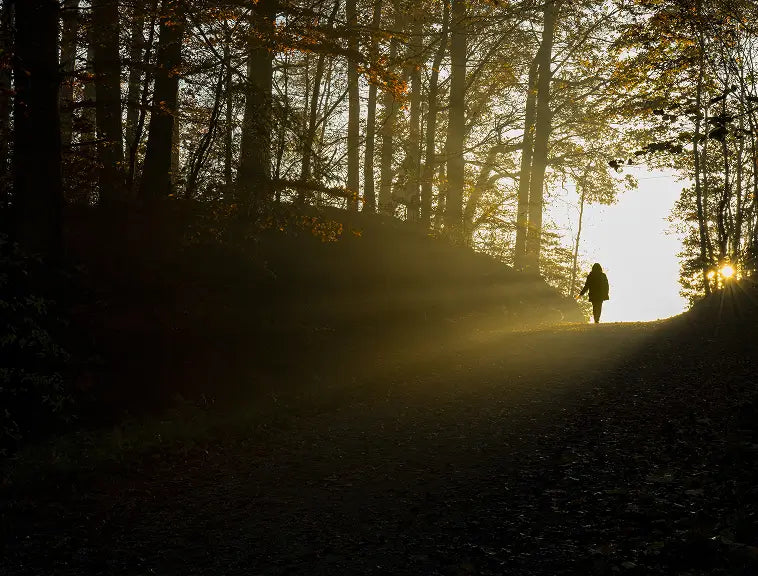
The Power of Land-Based Somatic Practices
Book40-60 Mins
GREAT FOR:
- Educators, caregivers, and facilitators exploring embodied decolonial healing
- Teams interested in nervous system regulation through land connection
- Organizations prioritizing holistic approaches to wellness and self-awareness

Workshops
Our workshops are guided by Indigenous knowledge systems, creating brave spaces for learning, unlearning, and building meaningful connections rooted in truth, empathy, and collective empowerment
-
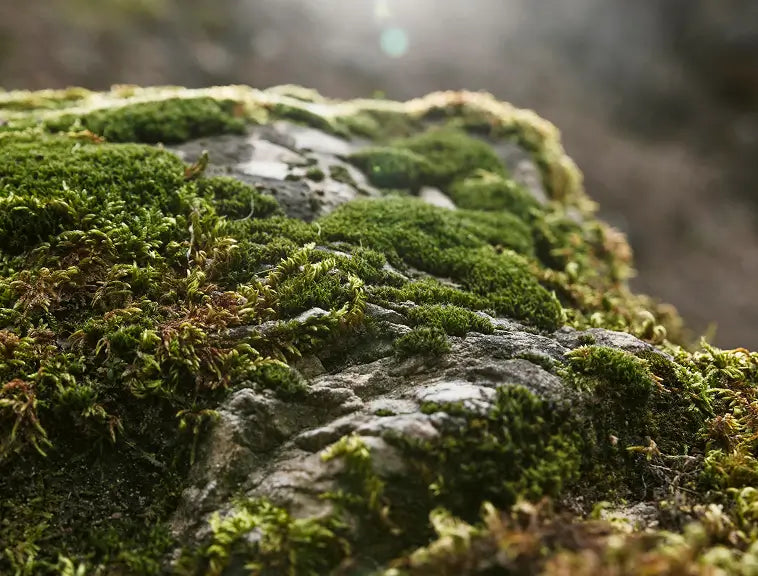
Pedagogy of Moss for Educators
Book2-4 Hours
GREAT FOR:
- Educators seeking to decolonize classroom leadership and pedagogy
- Teams needing relational, land informed approaches to professional development
- Schools ready to move beyond surface-level inclusion to deep cultural transformation
-
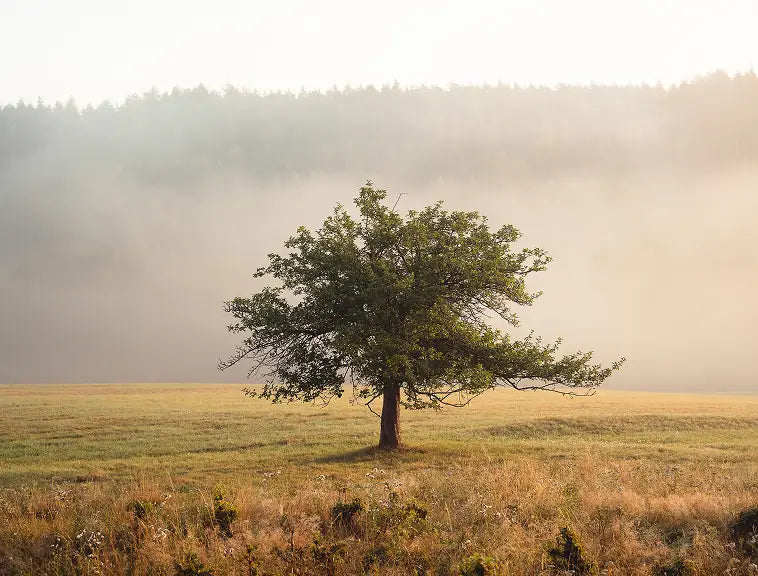
Becoming a Compassionate Educator
Book2-4 Hours
GREAT FOR:
- Educators working with students who’ve experienced trauma or systemic barriers
- Schools aiming to build safer, more emotionally responsive classrooms
- Teams navigating difficult conversations or conflict within learning environments
-

Honouring GenderDiversity in Schools: A Guide for Educators
Book2-4 Hours
GREAT FOR:
- Staff learning to support Two Spirit, Trans, and gender diverse students
- Schools developing inclusive policies and affirming classroom practices
- Educators seeking clarity on pronouns, language, and advocacy frameworks
-
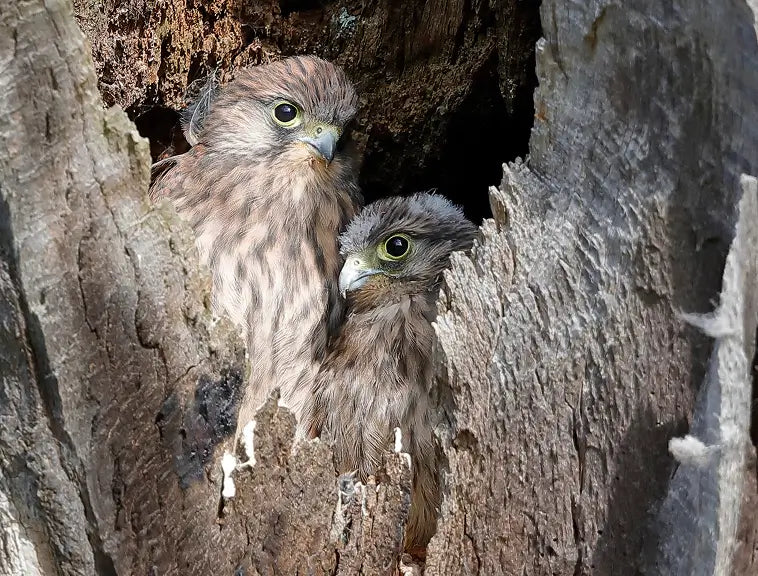
Eco-Somatic Practices for Children and Youth
Book3-6 Hours
GREAT FOR:
- Schools integrating land-based wellness and regulation practices
- Educators supporting neurodivergent or emotionally dysregulated students
- Teams interested in sensory, movement-based approaches to healing and learning

Consulting
Our consulting services are rooted in Indigenous ways of knowing, offering thoughtful driven guidance to help organizations build respectful community and culturally safe practices that lead to lasting change
-
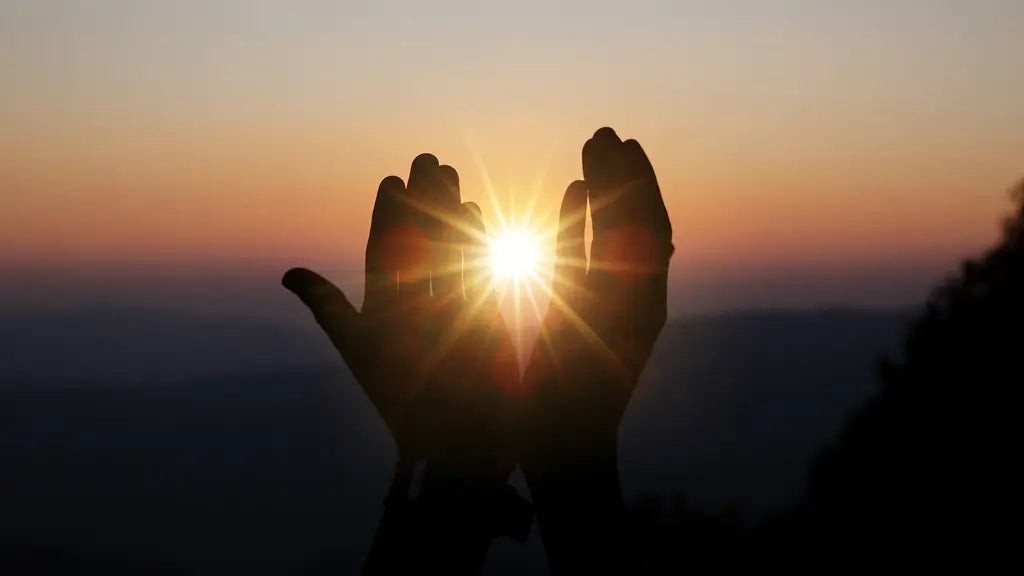
Curriculum Design
BookGREAT FOR:
- Schools or institutions looking to build land based decolonial learning models
- Educators wanting curriculum aligned with Indigenous pedagogies
-
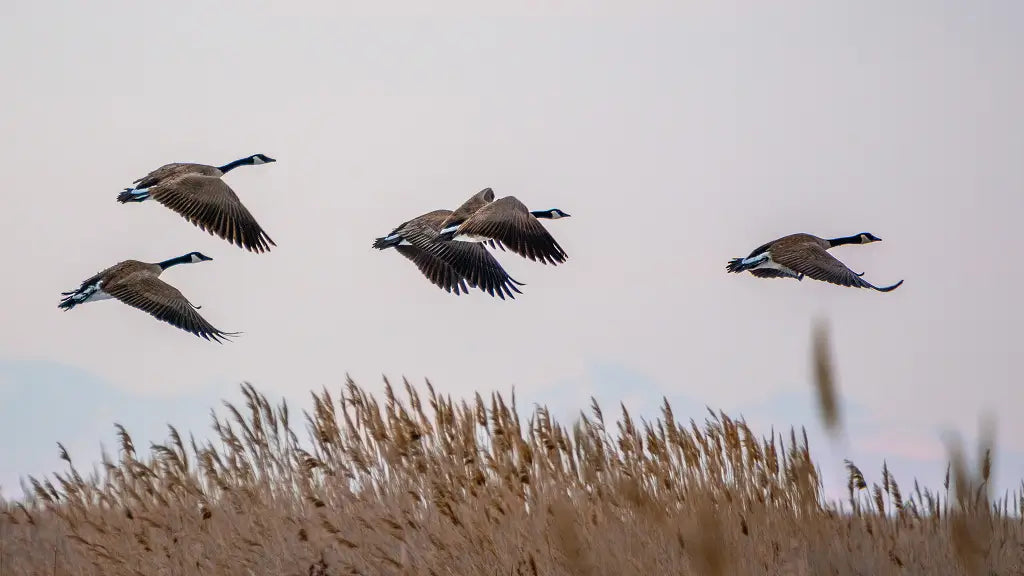
Toolkit Creation
BookGREAT FOR:
- Organizations seeking trauma informed, Indigenous grounded resources
- Teams needing practical tools for inclusion and cultural safety
-
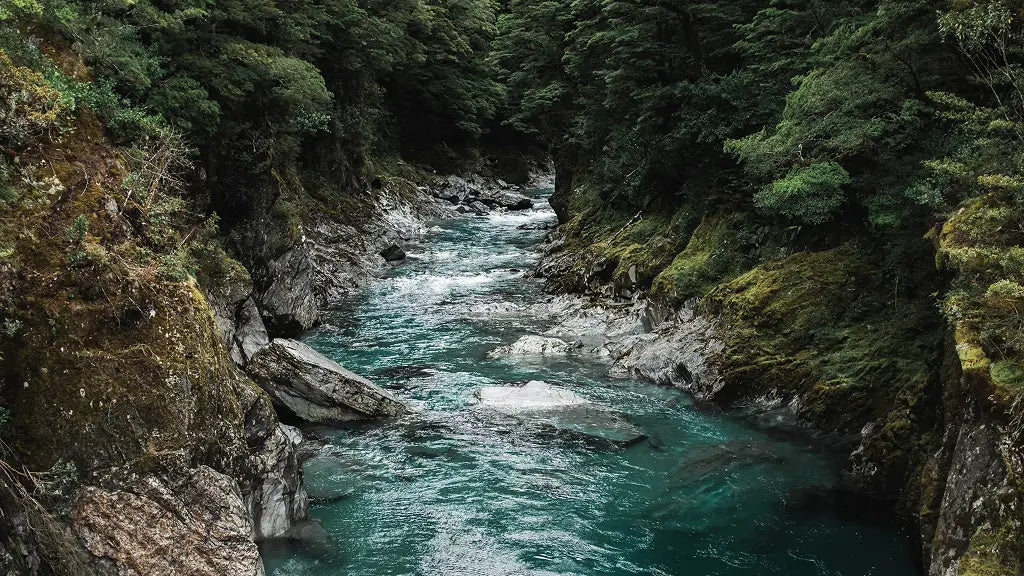
Research Reports
BookGREAT FOR:
- Institutions looking for Indigenous led, community driven research
- Projects requiring ethical storytelling and sovereignty centered methodologies
-
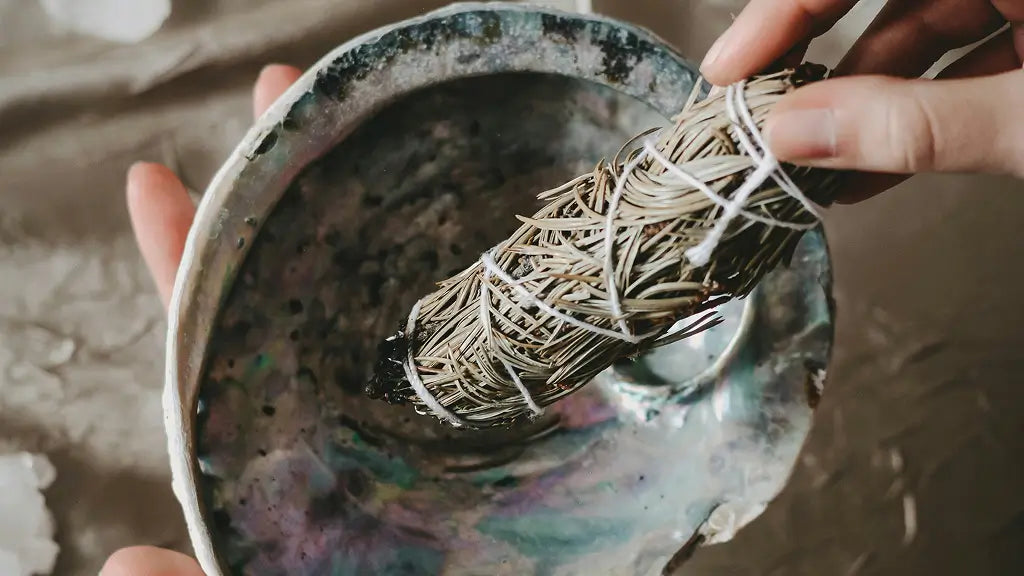
Policy Development
BookGREAT FOR:
- Organizations updating policies to align with Indigenous rights and TRC Calls
- Leadership teams seeking trauma informed, culturally responsive frameworks
-
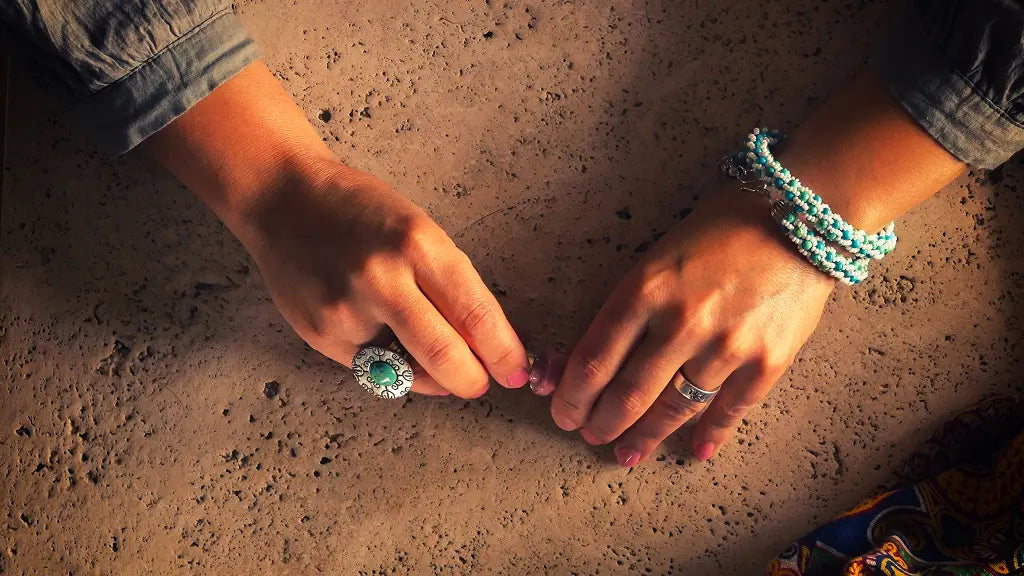
One-on-One Mentorship
BookGREAT FOR:
- Educators seeking personalized support in transforming their practice
- New teachers learning to apply Indigenous pedagogies in real classrooms
-
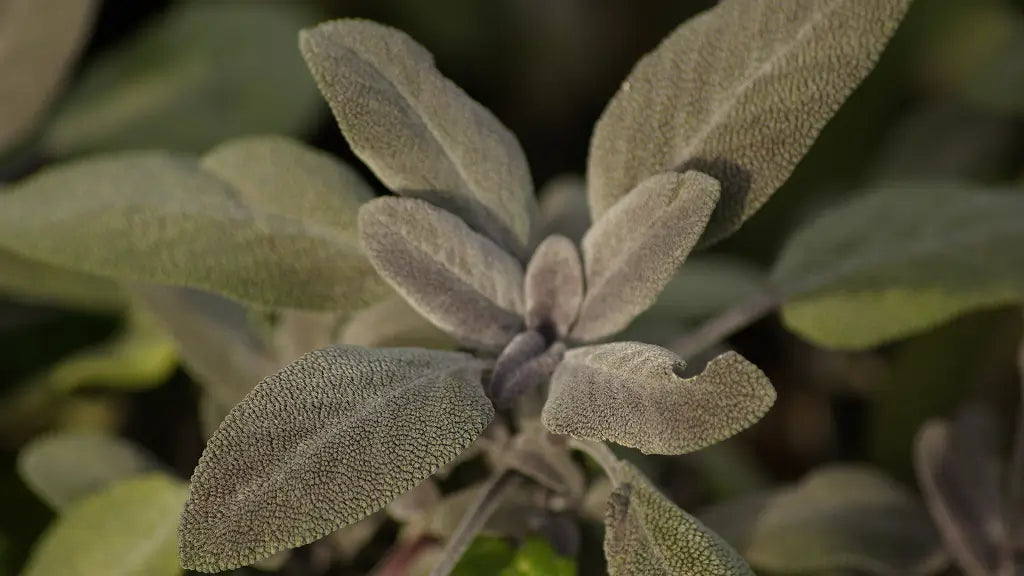
Indigenous Insights
BookGREAT FOR:
- Organizations embedding Indigenous values into leadership and operations
- Teams ready to shift from inclusion to true systemic transformation
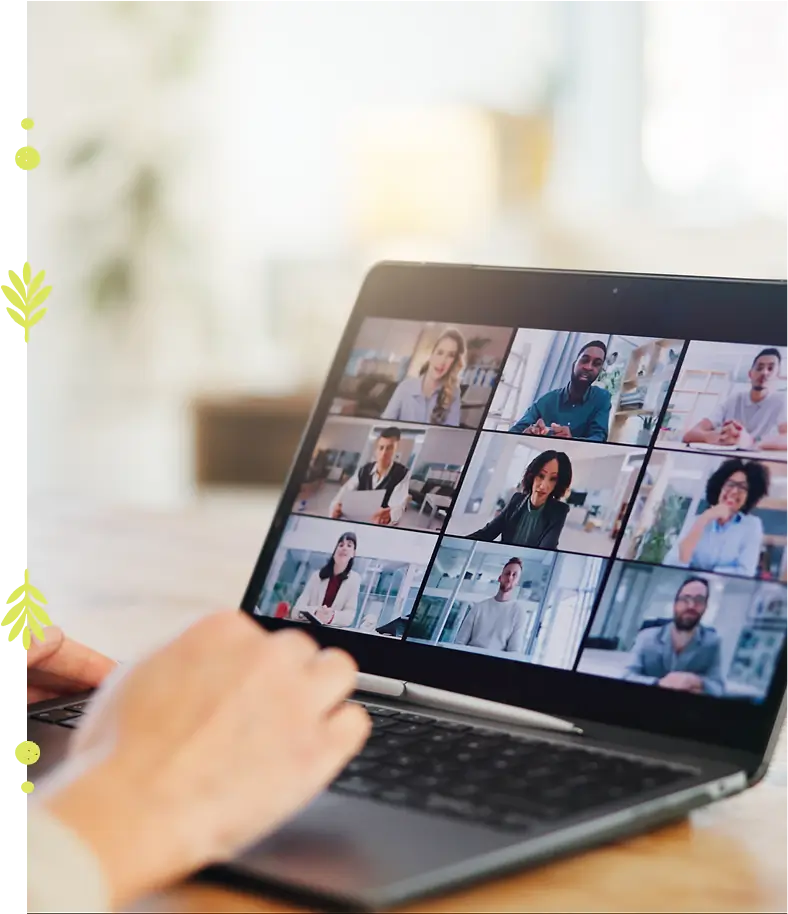
Webinars
Our webinars are immersive learning experiences that center Indigenous voices, offering accessible, truth-based education that challenges systems, sparks dialogue, and inspires collective accountability.
Client Collaborations

Testimonials from Clients
“It was such a pleasure to work and collaborate with Candace on our hybrid Speaker Series event. Her presentation was delivered with intention, thoughtfulness and care, leaving our attendees with poignant messages to reflect, and practical tools to help them within their daily lives. Candace has an innate ability to deeply connect with audiences while delivering deeply impactful and important teachings.”
